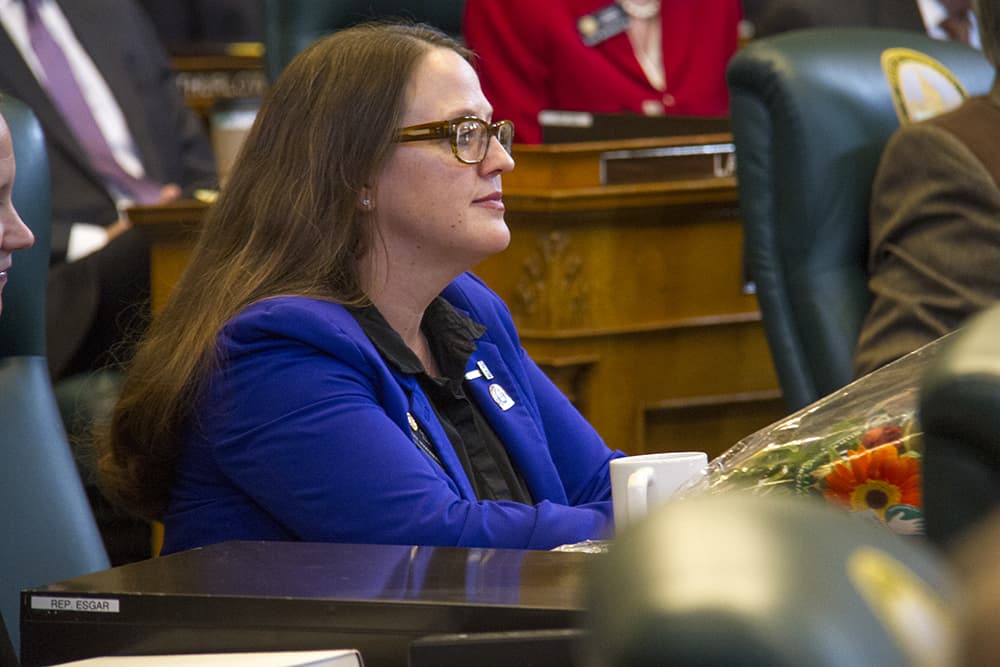
By Marianne Goodland, Colorado Independent
For the past 15 days, House Democrats have held up finishing the 2017-18 state budget, waiting to see if a bill that would free up millions of dollars for hospitals made any progress in the state Senate.
The delay in the House was over two “orbital” bills that help the Joint Budget Committee balance the budget. One would cut the hospital provider fee revenue by $264 million; the other had to do with capital construction and transportation transfers.
“We’ve been holding onto these bills,” said JBC Vice-chair Rep. Millie Hamner of Dillon, “hopeful that we are able to find other solutions that restore the cuts to hospitals.” Without those bills, the JBC would have to go back and find $264 million somewhere else to cut.
The House finished work on the budget on April 10, except for those two balancing bills. In the meantime, the Senate sponsor of the other provider fee bill, which would reverse the cuts, among other things, has held up further Senate action on that measure while negotiations over the bill continue.
When time came to record the vote on the provider fee budget-balancing bill, something rather odd happened. The vote tied at 32-32 with one member, Democrat Matt Gray of Broomfield, absent. A bill needs 33 votes to pass. Five Democrats voted against the bill: Rep. Daneya Esgar of Pueblo, whose district includes rural parts of Pueblo County; Rep. Barbara McLachlan of Durango and Rep. Don Valdez of LaJara. Both have rural hospitals in their district. Also voting no: Reps. Steve Lebsock of Northglenn and Joe Salazar of Thornton.
So the question becomes: who gets pressured to switch his/her vote? Both the House’s chief clerk, Marilyn Eddins, and Democratic staffers rushed to tell the press that the voting machine had been “accidentally” closed, which would begin the process to lock in the vote. But the Speaker still has to formally announce the vote for it to be recorded, which Speaker Crisanta Duran did not do.
Moments later, the voting machine was re-opened and Esgar switched from a “no” to a “yes.” She declined to talk to reporters after the vote, but she was seen sobbing on the shoulders of several other House members from both sides of the aisle and she walked out of the House chamber red-faced and red-eyed from crying.
With both orbital bills now passed, the Joint Budget Committee now begins the process of merging the House and Senate versions of the budget, in their role as the conference committee for the budget bill. The General Assembly has until the end of the week to get the budget to the governor. That timeline has to do with a 10-day window for Gov. John Hickenlooper to sign or veto the budget. Governors don’t normally veto any of the dollar amounts in the budget, but they often do veto instructions, known as headnotes and footnotes, from the General Assembly about how to spend some of those dollars.
If the governor has the budget by Friday, he has 10 days to sign and return it to the General Assembly, and they would have an opportunity to vote to override any vetoes, should they choose to do so. If the budget doesn’t get to the governor by Monday, he would have 30 days to sign it, and the General Assembly would have no opportunity to override any possible vetoes.











